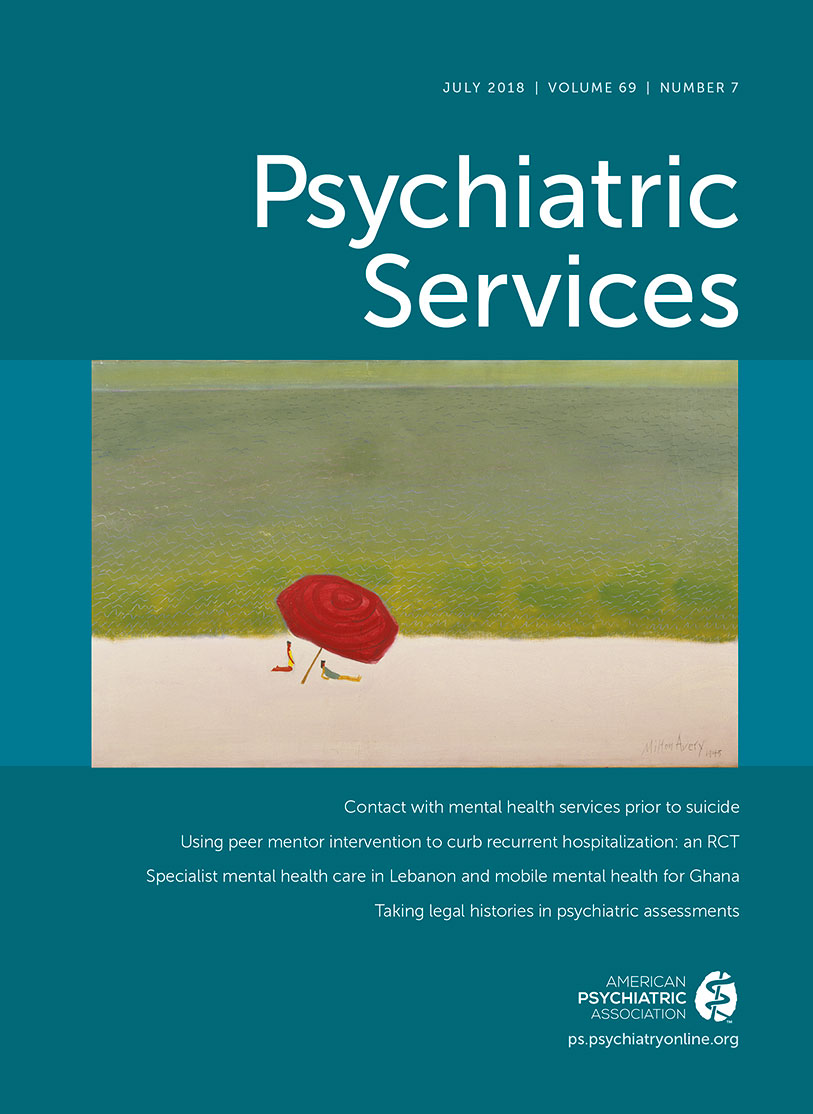Adapting Disclosure Programs to Reduce the Stigma of Mental Illness
Abstract
A 2016 report from the National Academy of Sciences describes strategies that reduce the stigma of mental illness. Prominent among these are contact between people with and without mental illness and strategic disclosure for lessening both public and self-stigma. The report also recognizes the complexity of stigma in the realm of psychiatric phenomena. As a socially constructed phenomenon, mental illness stigma intersects with race-ethnicity, gender, age, and sexual orientation to affect ways in which it is perceived and experienced. Stigma also differs by condition, such as mental illness versus substance use disorder. Hence, antistigma strategies need to actively incorporate diversity concerns into future adaptation. This Open Forum reviews adaptations of the Honest, Open, Proud (HOP) program to reflect adaptation challenges for age and condition. HOP is an evidence-based program that involves strategic disclosure to manage both self- and public stigma. This essay ends with consideration of the additional intersectionality challenges of adaptation.



